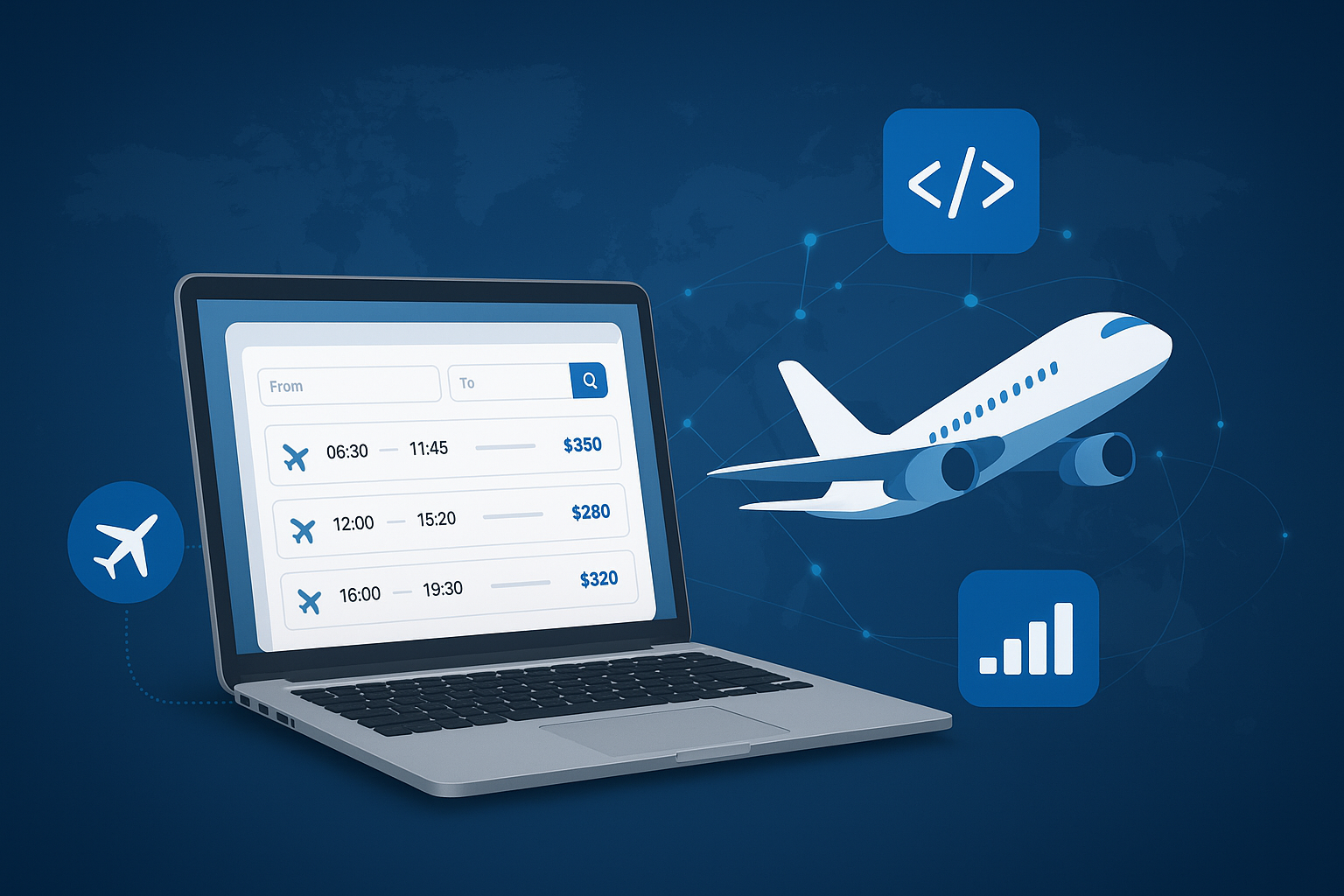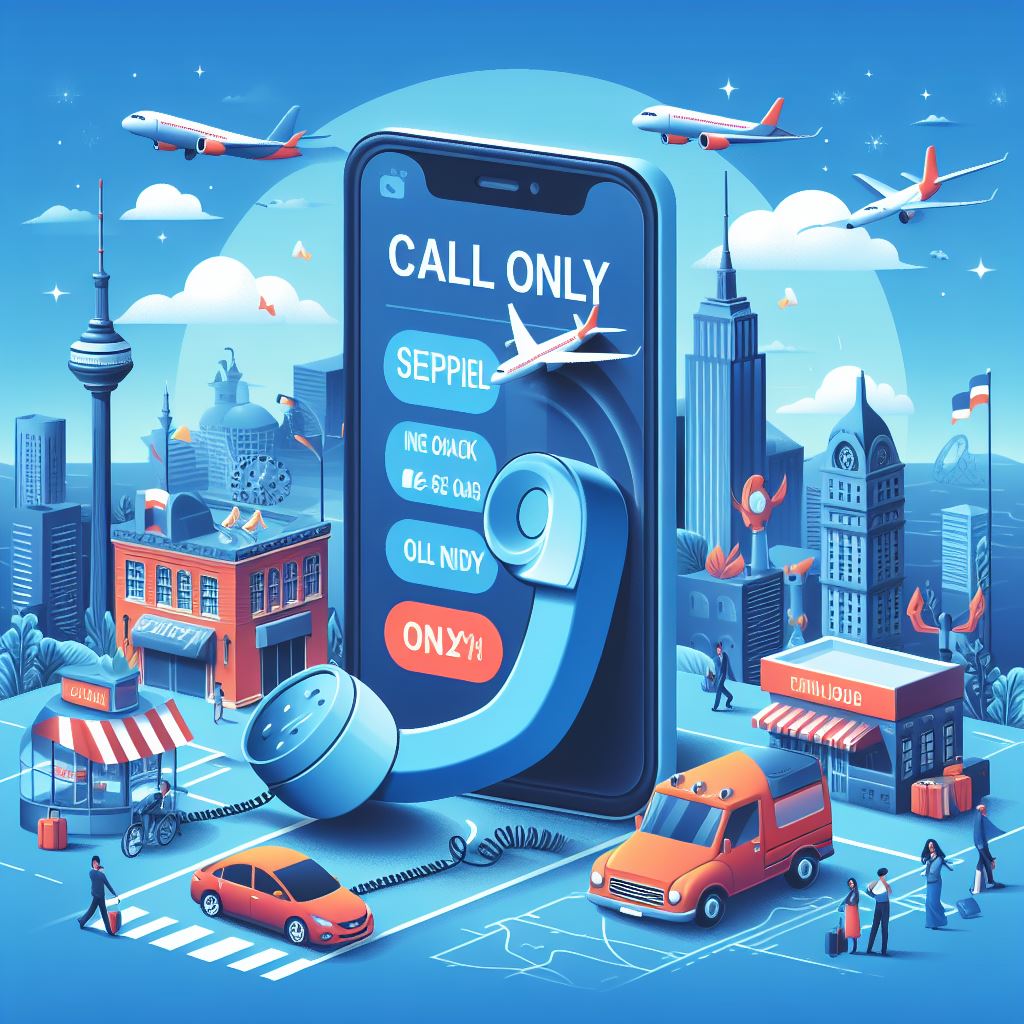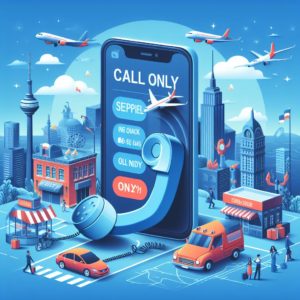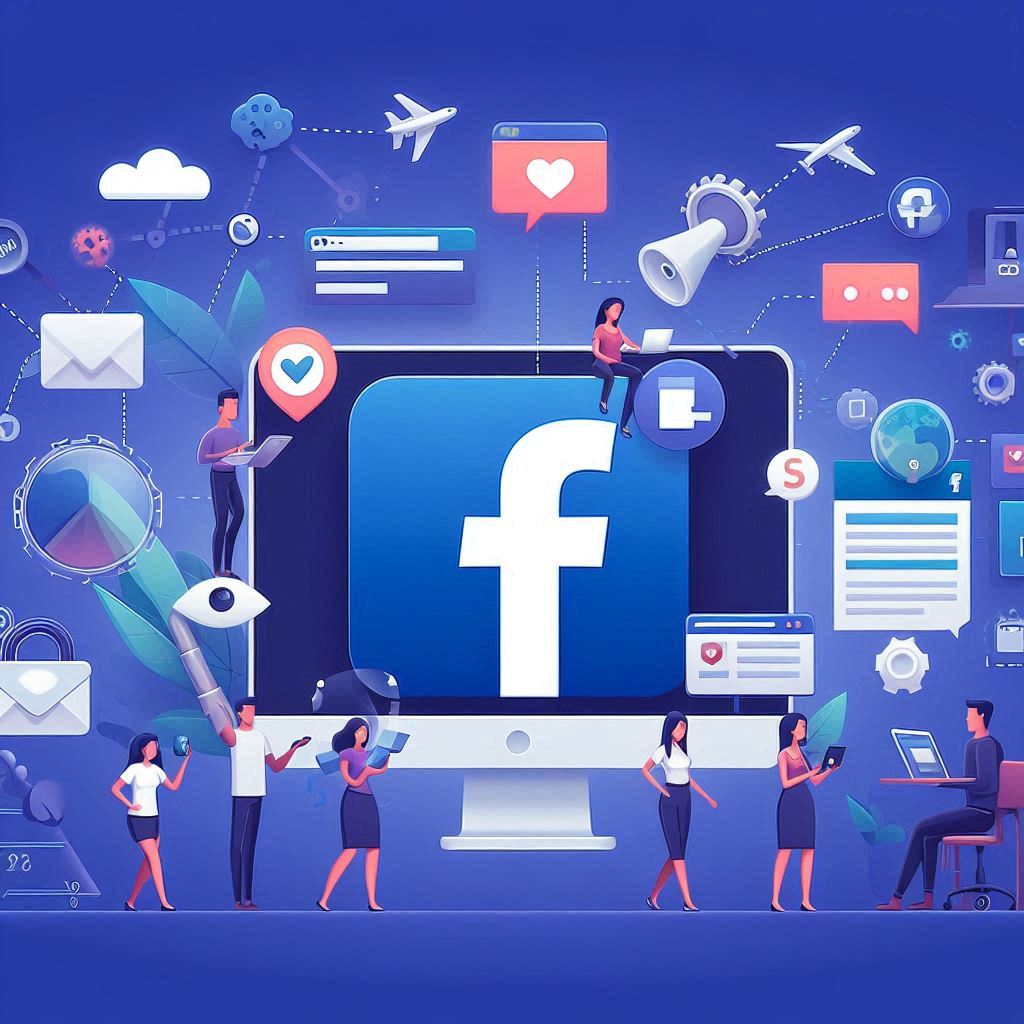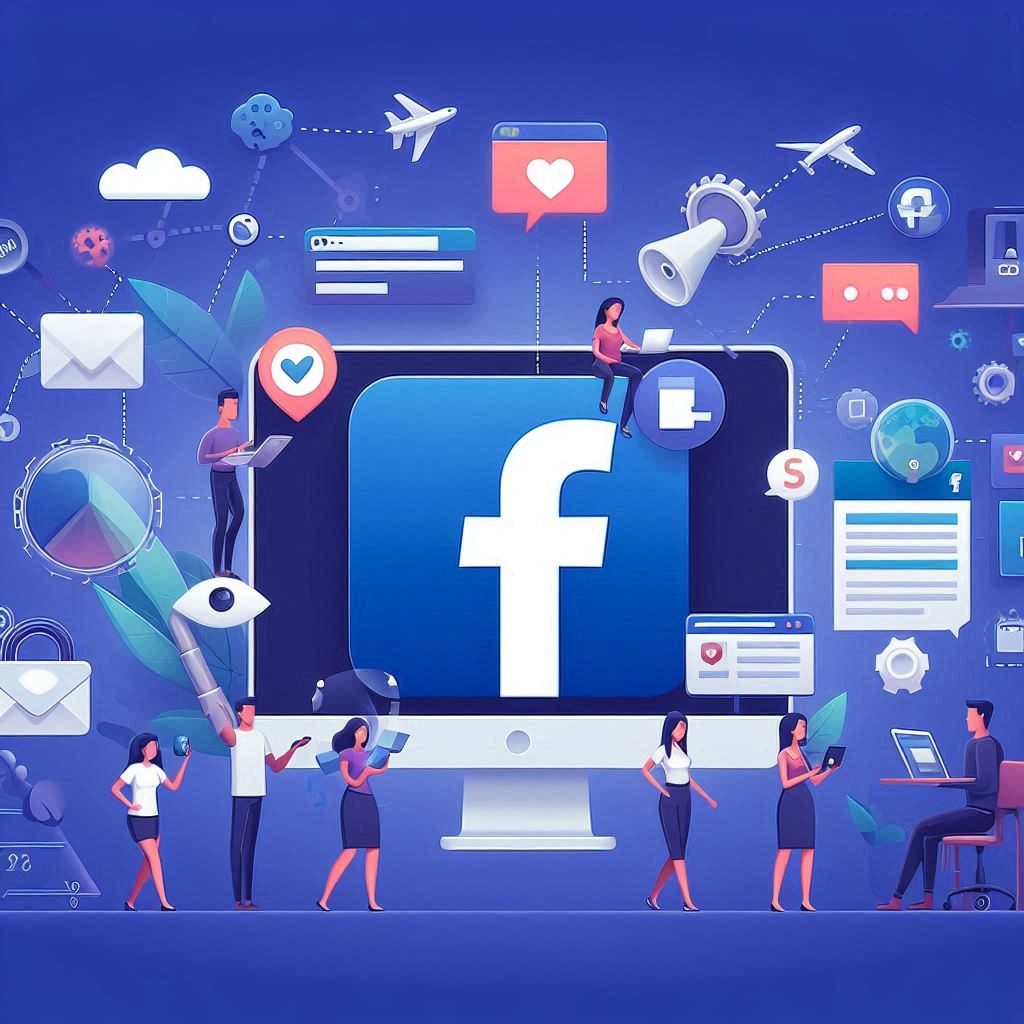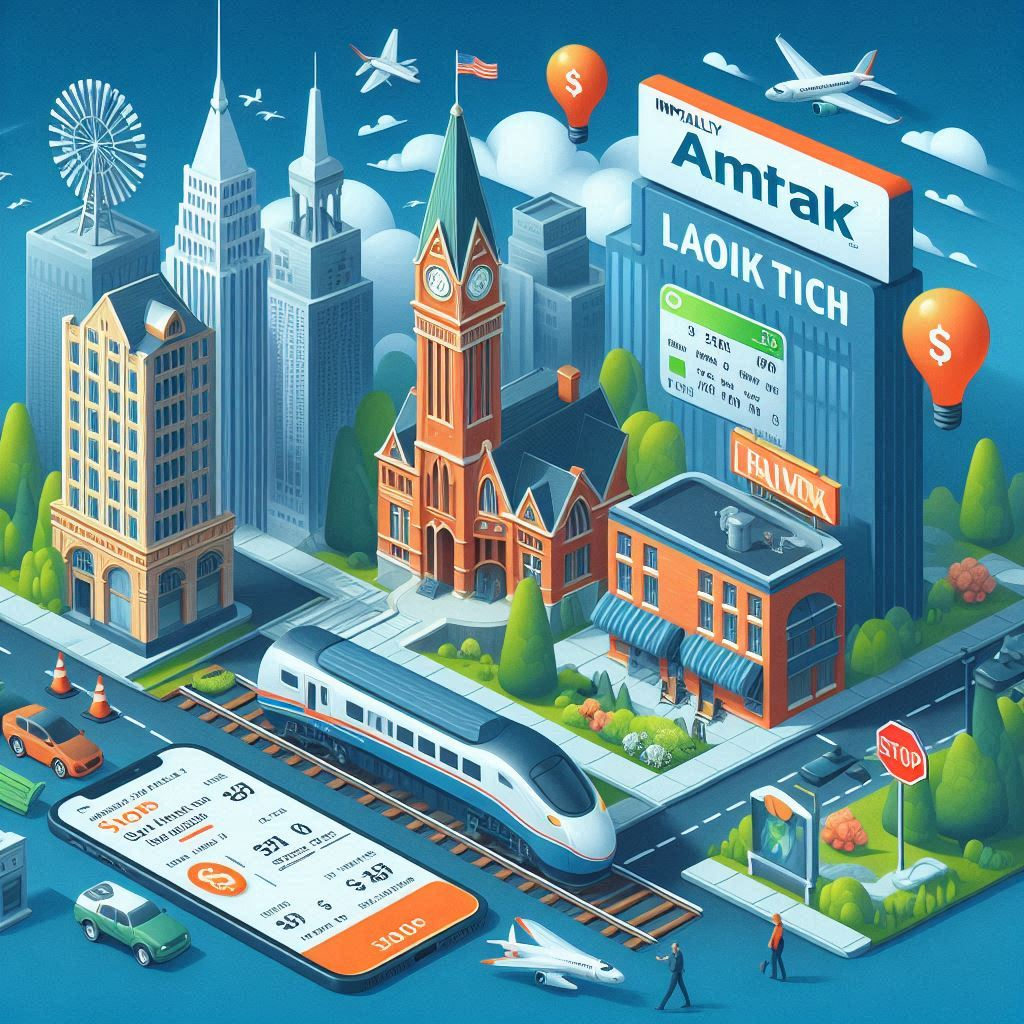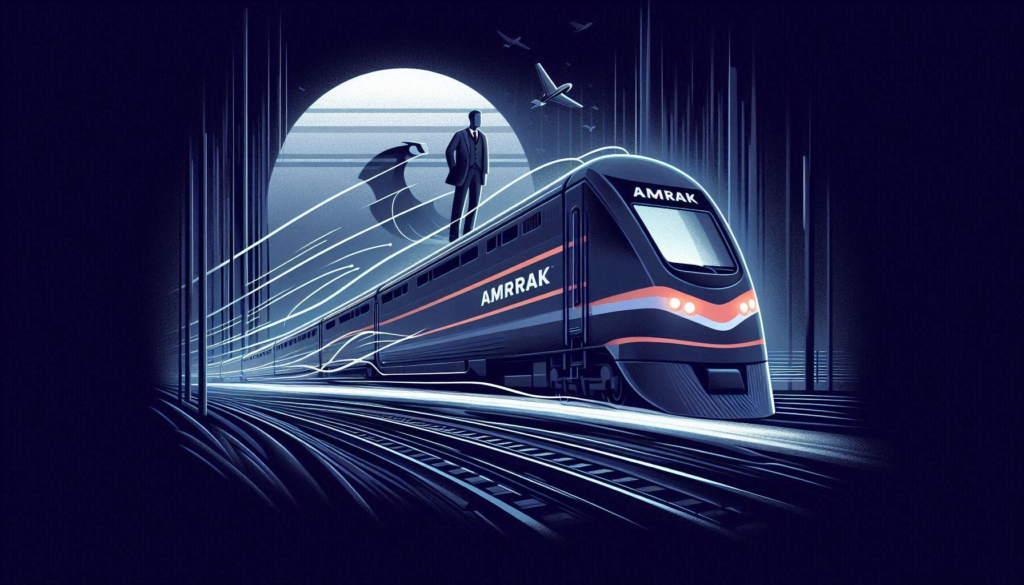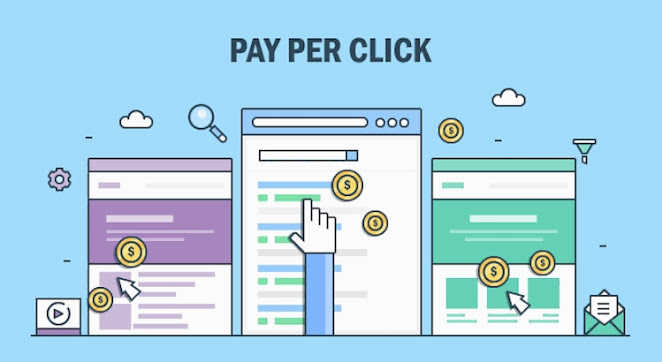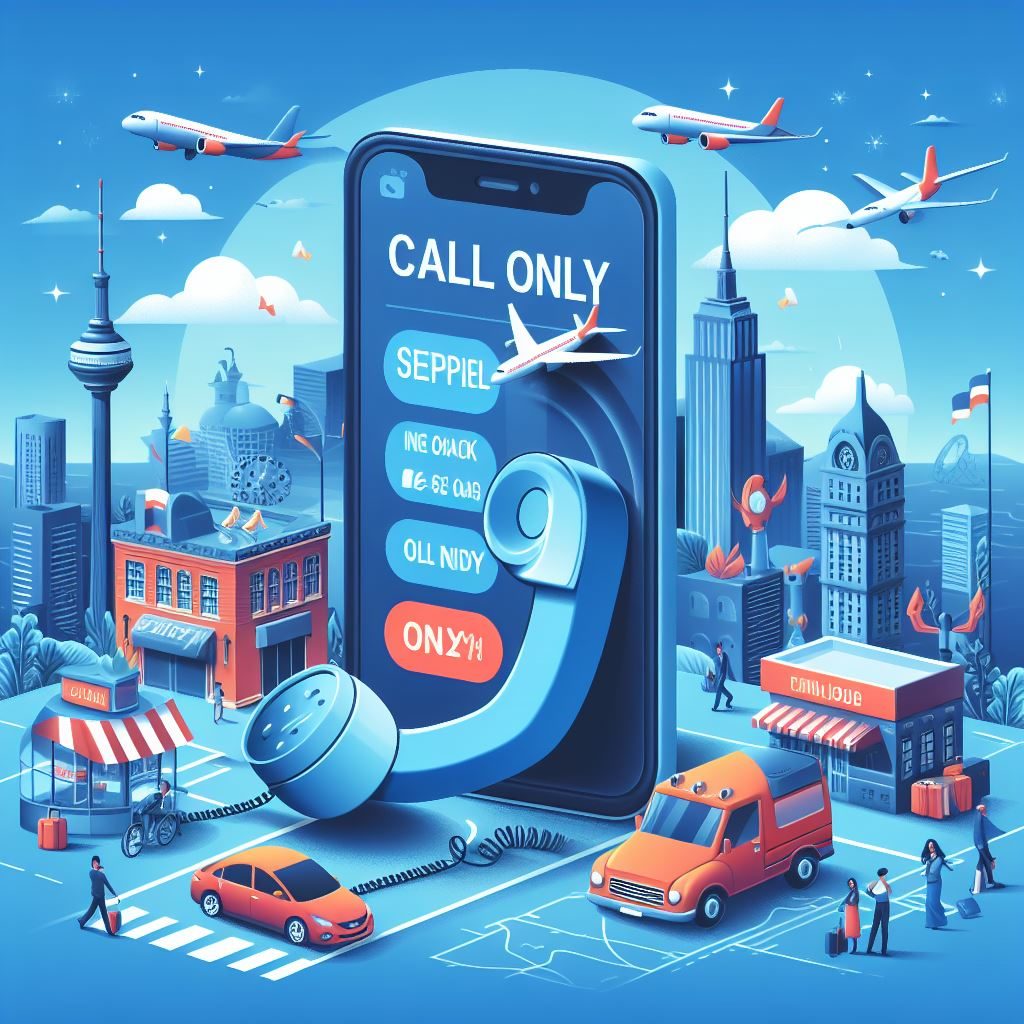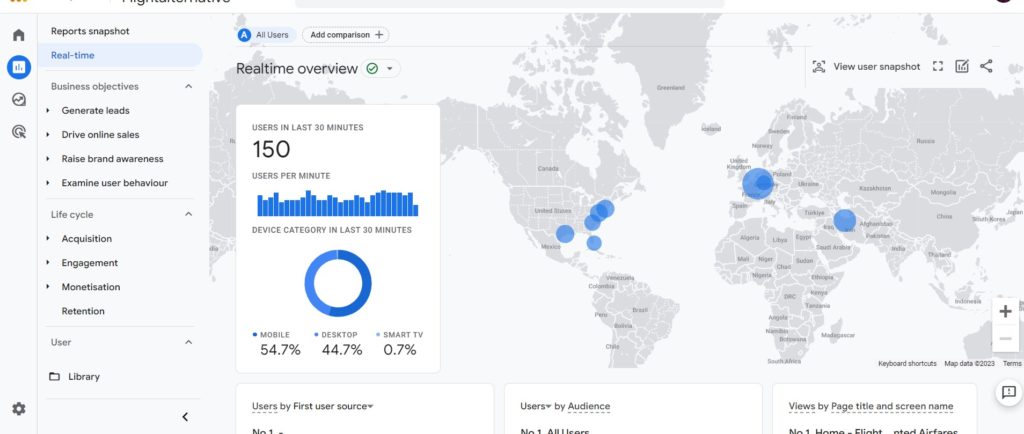Flights API Integration & Booking Engine Solutions
Flights API Integration & Booking Engine Solutions
If you’re looking to launch or upgrade your online travel agency (OTA), the first step is to integrate a reliable Flights API and a high-performing Booking Engine. Whether you’re a startup in the travel space or an established brand expanding your digital footprint, seamless Flights API integration is crucial for offering real-time flight availability, competitive fares, and smooth booking experiences.
At Teckgeekz, we specialize in travel web development, providing end-to-end solutions for Flights API integration, GDS connections like Amadeus, Sabre, and Duffel, and powerful booking engines tailored to your business.
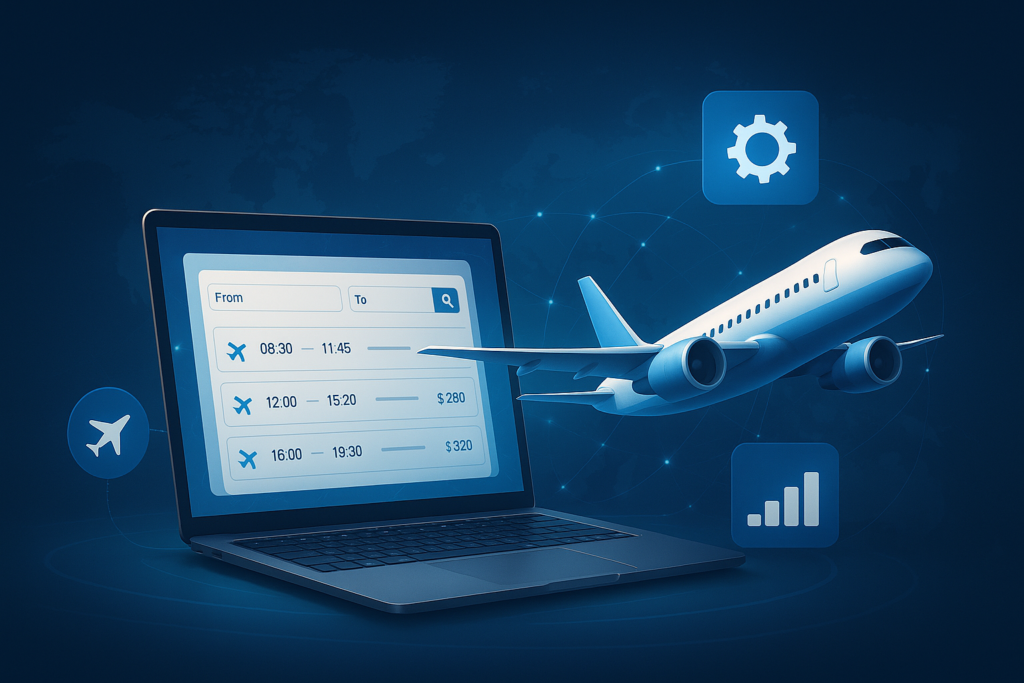
What is a Flights API?
A Flights API (Application Programming Interface) is a technology bridge that connects your travel website or mobile app to Global Distribution Systems (GDS) or flight aggregators. It eliminates the need for manually updating airline schedules and fares by providing a constant live feed from global flight databases.
Through the API, your platform can fetch and display real-time schedules, pricing, and seat availability from multiple airlines in one interface, allowing travelers to compare and book without leaving your site. This makes your booking process faster, more accurate, and much more convenient for customers.
Why Flights API Integration is Critical for Travel Businesses
With travelers expecting instant results and the ability to compare multiple airlines in seconds, Flights API integration is no longer optional — it’s a necessity. Here’s why it matters:
Real-Time Data – A well-integrated API ensures that your platform always displays the latest flight schedules, prices, and seat availability without manual updates. This reduces booking errors and improves customer satisfaction.
Global Reach – One API connection gives you access to both domestic and international airlines worldwide. This helps your travel business cater to a broader audience and tap into new markets instantly.
Enhanced User Experience – Customers appreciate speed and convenience. API-powered search tools allow them to refine results by airline, time, stops, and price — all within seconds.
Revenue Opportunities – A good API allows you to upsell hotels, travel insurance, and add-ons during the booking process, increasing your overall revenue per customer.
Competitive Edge – With up-to-date fares and availability, you can offer better prices and options than competitors who rely on outdated systems.
Key Features of a Powerful Flights API
When choosing a Flights API for your online travel agency, ensure it offers the following features:
✅ Multi-Airline Support – Access a network of airlines, both full-service and low-cost carriers, so your customers can book the best flight at the best price.
✅ Real-Time Availability & Fare Search – Eliminate the risk of showing outdated prices by syncing data directly from the GDS or aggregator every time a customer searches.
✅ PNR (Passenger Name Record) Management – Automatically create and manage PNRs, enabling easy modifications, cancellations, and customer service assistance.
✅ Ancillary Services Integration – Offer customers the option to add baggage, meals, or preferred seating during booking, boosting convenience and revenue.
✅ Currency & Language Localization – Display results in local currencies and languages to make your portal accessible to a global audience.
✅ Secure Payment Gateway Integration – Connect with trusted payment gateways that ensure smooth and secure transactions across various currencies.
✅ Detailed Itinerary & E-Ticket Generation – Provide instant itineraries and e-tickets upon booking, improving customer trust and reducing post-booking queries.
Booking Engine: The Heart of Your Travel Business
A Booking Engine is where the real magic happens — it’s the interface that customers interact with to search, compare, and finalize bookings. At Teckgeekz, our booking engines are built to maximize conversions and customer satisfaction.
Custom-Designed Portal – We design booking systems that match your brand identity while offering an intuitive layout for both desktop and mobile users.
Advanced Search Filters – Customers can refine their search based on stops, airlines, duration, time of travel, and even baggage options, making the decision process easier.
Integrated Payment Processing – Multiple gateway support ensures that you can cater to customers worldwide without payment restrictions.
Cross-Selling Modules – Boost revenue by offering related products like hotels, transfers, or activities alongside flight bookings.
Reporting & Analytics Dashboard – Track bookings, monitor revenue trends, and optimize your offerings with detailed analytics.
GDS & API Providers We Work With
Teckgeekz partners with the world’s top Global Distribution Systems and API providers to give your travel platform maximum market reach and technical reliability.
Amadeus API – One of the most comprehensive solutions for global reach, Amadeus offers advanced search and booking capabilities along with add-on services like seat selection and baggage.
Sabre API – Known for its robust features, Sabre is ideal for agencies focusing on corporate travel and offering bundled travel solutions.
Duffel Flights API – A modern, developer-friendly API with fast integration times and competitive access to airline inventory.
Travelport API – Integrates flights, hotels, and car rentals into a single interface, making it an excellent choice for multi-service OTAs.
Requirements to Set Up an Online Travel Agency
1. Business Setup & Licensing
Before you begin, you’ll need a legal business structure such as an LLC or Private Limited company. Depending on your market, you might also require IATA accreditation to access certain GDS systems. Additionally, signing contracts with API providers ensures you have the rights to sell their inventory.
2. Technical Infrastructure
A strong technical foundation is crucial. You’ll need a secure domain and hosting with high-speed servers to handle peak traffic. Your website or app must be built with responsive design, integrating both Flights API and a Booking Engine, as well as secure payment gateways to process transactions smoothly.
3. Content & Branding
A recognizable brand is essential in the competitive travel market. This means having a professional logo, a user-friendly interface, and engaging SEO-optimized content such as destination guides and travel blogs to attract organic traffic.
4. Marketing & Lead Generation
Once your OTA is live, attracting customers requires strategic marketing. This includes SEO optimization, running Google Ads and Bing Ads, PPC Marketing for Travel, leveraging social media campaigns, and setting up email marketing automation to convert leads into loyal customers.
Why a Modern Flight Booking Engine Matters
A flight booking engine is no longer just an add-on for travel businesses—it’s the backbone of a seamless customer journey. When travelers search for real-time fares, route combinations, or flexible dates, a robust engine determines how quickly and accurately that information appears. An optimized flight engine also improves conversion rates by reducing friction in the search-to-checkout flow.
Leveraging a Flight Booking Engine API for Real-Time Data
A high-performance flight booking engine API connects your platform to global distribution systems, low-cost carriers, and NDC-enabled airlines. These APIs handle live fare lookups, schedule data, availability updates, and booking confirmation in milliseconds. Integrating such an API ensures your customers always see accurate, bookable results—something that directly impacts trust and repeat bookings.
Custom Flight API Integration for Unique Business Needs
Not every travel platform works the same way, which is why custom flight API integration is essential. Tailoring the API flow lets you control pricing markup, branding, user interface logic, and even custom rules such as fare caching or dynamic packaging. With a bespoke integration, developers can fine-tune performance and ensure the booking experience aligns perfectly with your business model.
Travel Booking Engine API for Multi-Product Expansion
A powerful travel booking engine API extends your offerings beyond flights. It allows you to unify hotels, transfers, activities, insurance, and ancillary services under a single search and booking framework. For agencies, OTAs, and corporate travel tools, this unified approach increases revenue per transaction and supports cross-selling with minimal added development effort.
Benefits of Using a Flight Aggregator API
A flight aggregator API brings multiple airline sources into one consistent data structure. Instead of juggling complex datasets from different carriers, your platform receives normalized responses you can display instantly. This reduces engineering time, improves search accuracy, and often unlocks better fare combinations across GDS, NDC, and low-cost carriers. Aggregator APIs also help reduce costs by minimizing dependence on a single distribution channel.
Why Choose Teckgeekz for Flights API Integration & Booking Engines
At Teckgeekz, we don’t just plug in an API — we craft an entire travel technology ecosystem around your business goals.
Full Stack Travel Development – From initial wireframes to a fully functional OTA, we handle every technical aspect.
API Expertise – Our team is experienced with Amadeus, Sabre, Duffel, and custom APIs, ensuring smooth and reliable integration.
Booking Engine Customization – Whether you target B2B, B2C, or corporate clients, we design booking engines tailored to your audience.
Marketing Support – Beyond development, we provide SEO, PPC, and analytics to help you grow and scale your business.
Ongoing Maintenance – With 24/7 technical support, your travel portal remains fast, secure, and fully functional year-round.
Benefits of Working with Teckgeekz
Faster Time to Market – With our proven integration process, your OTA can go live in weeks rather than months, giving you a competitive advantage.
Reduced Costs – Our expertise allows us to avoid unnecessary development steps, saving you money without compromising quality.
Scalability – We build systems that can grow with your business, allowing you to add hotels, cars, cruises, and other services with ease.
User-Centric Design – We focus on creating an intuitive interface that encourages users to complete bookings, improving conversion rates.
- Custom Ads Campaign – We provide fully optimized and custom Google Ads campaign for Travel Marketing for Flights and Travel Agencies according to needs.
Frequently Asked Questions (FAQ)
What is Flight API integration used for?
Flight API integration allows travel platforms to access live flight data, pricing, and booking functionality directly from airlines or GDS providers.
How long does Flight API integration take?
Depending on complexity and provider approvals, integration typically takes 2–6 weeks.
Is Flight API integration suitable for startups?
Yes. Teckgeekz offers scalable Flight API integration solutions suitable for startups, SMEs, and enterprise travel businesses.
Can you integrate multiple airline or GDS APIs?
Yes. We support multi-API integration for broader flight inventory and fare comparison.
Get Started with Flight API Integration
If you’re looking for a reliable Flight API integration company, Teckgeekz can help you build a powerful, scalable flight booking solution tailored to your travel business. Whether you’re integrating Amadeus API, connecting to Sabre, or launching a fully customized booking engine, Teckgeekz is your trusted partner for building and scaling travel platforms.
📞 Contact Teckgeekz today to start your Flights API integration journey and transform your travel business into a market leader. We are also available on 📱Whatsapp

